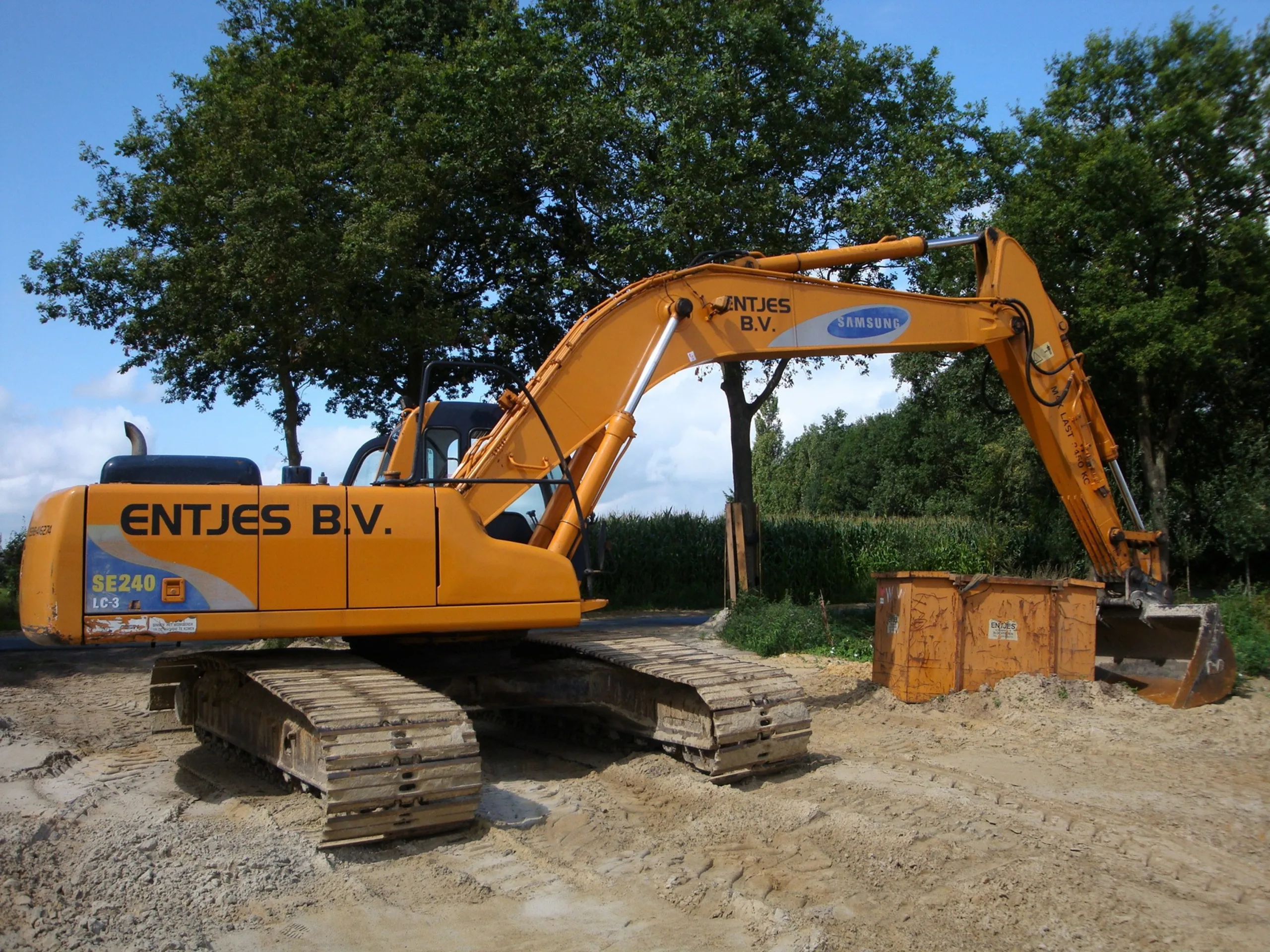Winter can be a challenging season for many industries, and excavation contracting is no exception. The process of digging up and moving soil, rock, and other materials is inherently dependent on the weather conditions. As such, winter poses unique challenges for contractors in this field.
Adverse Weather Conditions
One of the main challenges faced by excavation contractors in winter is managing adverse weather conditions. Snowfall, freezing temperatures, and strong winds can greatly hinder the progress of excavation projects. The snow can make it difficult to access the site and move equipment, while frozen ground can be tough to dig through. This not only increases the time it takes to complete a project but also adds additional costs for contractors.
Winter also brings with it logistical challenges for excavation contractors. Materials used in the excavation process may freeze or become damaged in extreme temperatures, leading to delays and increased expenses. The cold temperatures can also cause equipment failures, making it difficult for contractors to complete their work.
Safety Risks
Furthermore, winter weather conditions can also pose safety risks for workers on excavation sites. Slippery surfaces, blizzards, and low visibility can increase the likelihood of accidents and injuries. This not only affects the health and well-being of workers but also leads to delays in project completion.
Limited Daylight
Another challenge that excavation contractors face during winter is limited daylight hours. With the sun setting earlier in the day, there is less time for work to be done on site. This means that contractors have to schedule their work accordingly, which can add additional costs and delays to the project.
Solutions
To overcome these challenges, excavation contractors need to plan and prepare carefully before taking on winter projects. This includes having a contingency plan for adverse weather conditions, ensuring proper safety measures are in place for workers, and investing in equipment that can withstand extreme temperatures. It also involves closely monitoring weather forecasts and adjusting schedules accordingly to make the most of limited daylight hours.
In addition, communication with clients is important in winter excavation projects. Contractors need to keep their clients informed about any potential delays or changes in the project timeline due to weather conditions. This helps manage expectations and maintain a good working relationship with clients.
Despite these challenges, many excavation contractors have successfully completed projects during the winter months. With careful planning, preparation, and adaptation to changing weather conditions, winter excavation projects can be completed on time and within budget. It is important for contractors to stay updated with the latest technology and techniques for winter excavations to efficiently overcome these challenges and deliver high-quality work. By taking proactive measures and being flexible, contractors can turn the challenges of winter into opportunities for growth and success in the excavation industry.



